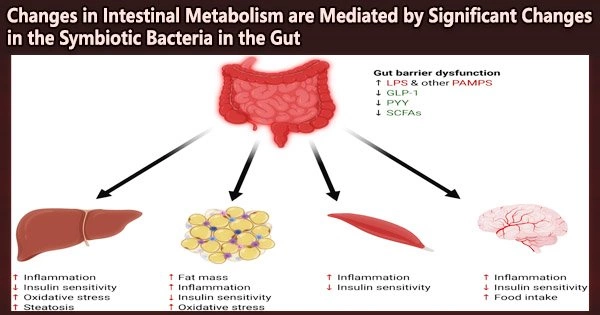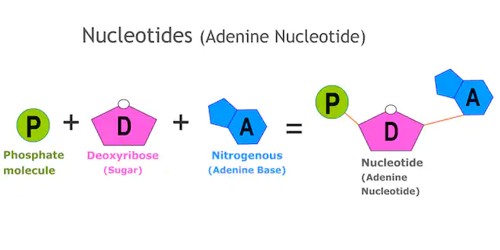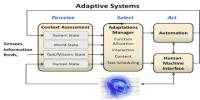Vaccination plays a crucial role in the control of disease in aquaculture and helps to ensure the environmental, social, and economic sustainability of the industry by effectively avoiding a variety of bacterial diseases. In particular, vaccines based on inactivated bacterial pathogens have been proven highly effective for fish.
Symbiotic microbiota now forms an essential component of fish after millions of years of coevolution and is crucial to fish immunity, metabolism, and health. The fish gut microbiota is probably a significant, underestimated role in vaccine production given that vaccinations can boost immune function.
Unfortunately, little is understood about how immunization affects fish’s symbiotic microbiota, particularly mucosal microbiota, and it is unclear how this relates to intestinal metabolism.
Recently, a research team led by Prof. LI Aihua from the Institute of Hydrobiology (IHB) of the Chinese Academy of Sciences illustrated the effect of vaccination on tilapia symbiotic microbiota, and found that significant alterations of intestinal symbiotic microbiota mediate changes in intestinal metabolism. This study was published in Microbiome.
The researchers investigated the variations in the intestinal metabolites and gill microbiota of tilapia between the control and immunized groups using gas chromatography-mass spectrometry metabonomics and 16S rRNA gene high-throughput sequencing.
The findings demonstrated that vaccination has a considerable impact on the structure and makeup of the microbiota connected with the intestinal mucosa but has no significant impact on the microbiota associated with the gill, stomach, and gastrointestinal tract.
Also, the researchers discovered that the immunized group had considerably higher levels of serum globulin and lysozyme, globulin ratio, superoxide dismutase activity, and antibody titer than the control group did.
The immunized group of tilapia has a much lower relative number of potential opportunistic infections like Aeromonas in their intestinal mucosae. Given that the majority of pathogenic microorganisms that infect fish do so through the gut, the protective mechanism of vaccinations may be crucial.
The concentrations of various metabolites related to lipid metabolism are significantly decreased in the intestinal tract of the immunized group, in contrast to the concentrations of carbohydrate-related metabolites, such as lactic succinic acid and gluconic acid, which are significantly increased in the intestinal tract of the immunized group.
Correlation analysis showed that intestinal microorganisms, such as Enterovibrio, Macellibacteroides, Ralstonia, Pirellulaceae, Desulfomonile, Enhydrobacter, Crenothrix, and Bosea, were significantly correlated with differentiated intestinal metabolites after vaccination. These findings suggested that the effects of vaccination on the tilapia gut’s metabolic process are directly tied to modifications in gut microbial composition.
This study demonstrated the microbial and metabolic reactions brought on by inactivated immunization, indicating that the intestinal microbiota may operate as a mediator between vaccination and changes in the tilapia’s intestinal metabolism.
The gut bacteria and metabolites that dramatically increased after vaccination may be useful markers for the creation of probiotics or prebiotics to promote the effectiveness of the vaccine against vaccinated fish.
















